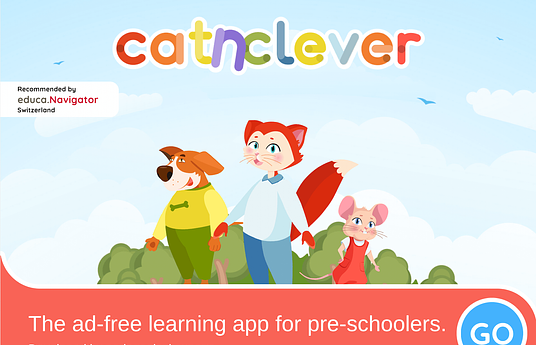88% of Gambian children aged between 7-14 struggle with basic literacy, 92% with basic numeracy. A National Education Dialogue showed that most children leave school without understanding their strengths and how they can contribute to the world. More subtly there’s an erosion of self-belief and limited prospects for young people. After 22 years of dictatorship a systemic education sift is needed.
We apply a systemic and integrated three prong approach. Prepared Adults, Prepared Children, Prepared Systems. Adults undertake an application based leadership practice course, learn life skills and undertake the AMI Montessori Diploma. These adults then set up specially prepared high fidelity Montessori learning environments where they support the holistic development of children aged 3-6 years, preparing them with the strong intellectual, socio-emotional and cultural fluency foundations they need for well-balanced life. We support the communities we work with through observations and parent education to deepen their understanding of children’s holistic needs and how to meet them. We engage government education and social welfare systems to ensure policies and practice support the holistic development of children.
We initially began with a cohort of 22 adults in The Gambia. We then supported training in Senegal through a partner organisation.
Each innovation is designed to meet the realities of the current time and place. Understanding of the current and historical education context, providing access to AMI Montessori training and working with an equity and social justice lens is key. Guides in training depending on context will require hands on classroom support from experienced guides or AMI Trainers & Montessori Material.



